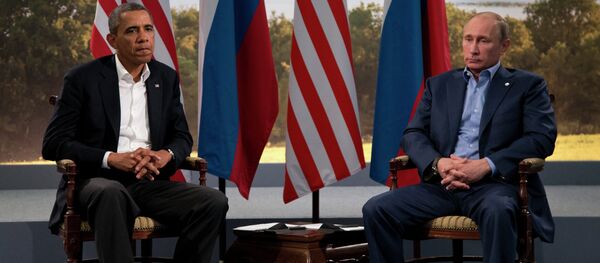The US leadership is making a grave mistake while considering withdrawing American troops from Afghanistan amid the remobilization of the Taliban, Muska Dastageer, an alumna of the universities of Oxford and Copenhagen, believes.
"For the civilian leadership of the United States, the untimely drawdown of the combat mission in Afghanistan, denounced by its own generals in the Pentagon, may cost it much more than it gambled for," Dastageer warns in her article for the Diplomat.
"For a campaign that cost the US $685.6 billion and 2,259 casualties, the current state of affairs in the country should give observers of the long war in Afghanistan cause for reflection. The combat mission has ended at a time when the Taliban and its affiliated factions — Hezb-e-Islami and the Haqqani Network — still remain deeply entrenched in the country, and genuine rapprochement with Pakistan is yet to be seen," the analyst stressed.
"We risk yet another Iraq, crippled by a premature withdrawal, rendering the vast expenditure in lives and treasure wasted," the analyst emphasized, adding that the ability of Washington to project itself as a "normative influencer," a "first among equal," is under "dire threat."
Curiously enough, it is not the first time the alarmist stance regarding the US' long-anticipated withdrawal from Afghanistan has emerged in the media.
In early July, US Senator John McCain slammed Obama's "untimely" decision to bring America's longest military campaign to an end.
"A calendar-based withdrawal — that would be a tragedy, and in my view, an opening for the Taliban to gain and create success here in Afghanistan," McCain said in an official statement in Kabul.
"The Taliban still has significant capabilities, and those capabilities can best be countered by continued US military support and without that the place is at risk," the Senator insisted.
Indeed, Washington has faced a painful dilemma. To complicate matters further, China's political and economic influence in Central Asia is growing rapidly.
According to Andrew Small, a transatlantic fellow with the Asia program at the German Marshall Fund of the United States, Beijing is trying hard to settle down the ongoing strife in Central Asia, negotiating with Afghanistan, Pakistan and their neighbors.
The Chinese government has kicked off a genuine diplomatic charm offensive, expanding its economic and political ties in Eurasia. And, predictably, it prompts concerns among American geo-strategists.
However, the question remains open, is it worth it to prolong America's exhausting campaign in Afghanistan in order to maintain control over Central Asia and prevent China from gaining ground in the region?
"After 13 years of war in Afghanistan — the longest in US history — the US government has achieved no victory. Afghanistan is in chaos and would collapse completely without regular infusions of US money. The war has been a failure, but Washington will not admit it," former American congressman Dr. Ron Paul noted in October 2014.
Furthermore, in his recent book "Swords into Plowshares: A Life in Wartime and a Future of Peace and Prosperity" Dr. Paul stressed:
"The hypocrisy of the instigators of wars should be enough to awaken the people to reject the war profiteers. The true warmongers rarely die in war, nor even serve in the military. But, they reap the material benefits of the wars they provoke and promote. The chicken hawks of today should be held in contempt. Those who promote war, but never participate in war, should be seen for what they are — hypocrites of the worst kind."





